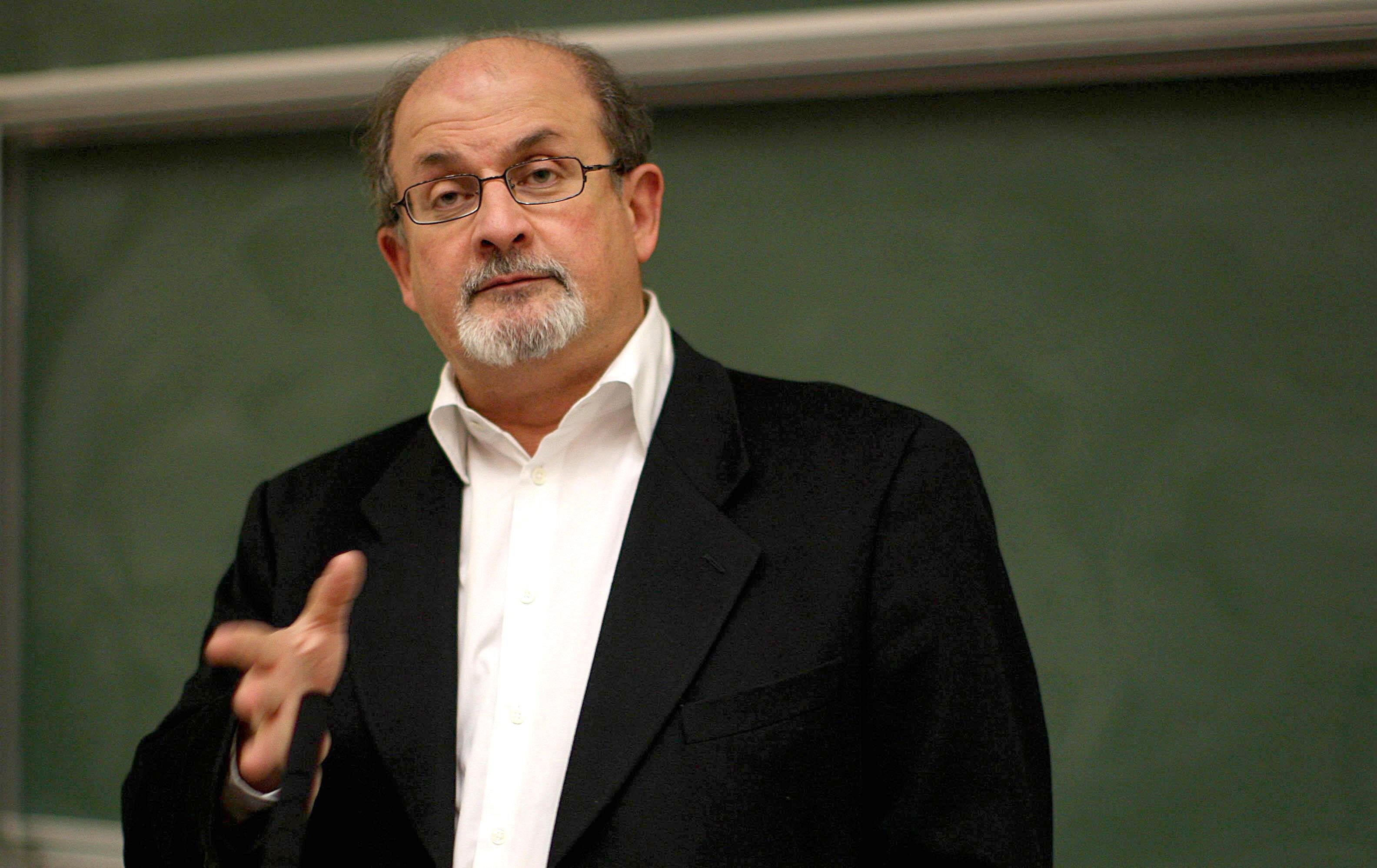Sir Salman Rushdie’s attacker ‘surprised’ to learn of the author’s survival
Hadi Matar said Sir Salman was ‘someone who attacked Islam’ but did not confirm that his actions were driven by Iran’s fatwa.

Your support helps us to tell the story
From reproductive rights to climate change to Big Tech, The Independent is on the ground when the story is developing. Whether it's investigating the financials of Elon Musk's pro-Trump PAC or producing our latest documentary, 'The A Word', which shines a light on the American women fighting for reproductive rights, we know how important it is to parse out the facts from the messaging.
At such a critical moment in US history, we need reporters on the ground. Your donation allows us to keep sending journalists to speak to both sides of the story.
The Independent is trusted by Americans across the entire political spectrum. And unlike many other quality news outlets, we choose not to lock Americans out of our reporting and analysis with paywalls. We believe quality journalism should be available to everyone, paid for by those who can afford it.
Your support makes all the difference.The man who allegedly stabbed Sir Salman Rushdie on stage at an event in New York has said he was “surprised” to learn the renowned author was alive following the attack.
Hadi Matar, 24, said Sir Salman, 75, was “someone who attacked Islam” but did not confirm that his actions were driven by a fatwa issued by Iran in the 1980s.
Matar pleaded not guilty through his lawyer to charges stemming from the assault and is currently being held at Chautauqua County Jail, in New York state.
He is due to appear in court again on Friday.
Speaking to the New York Post in a video interview from jail, he said: “When I heard he survived, I was surprised, I guess.
Matar said he had originally planned to go to the event at the Chautauqua Institution after seeing a tweet announcing Sir Salman’s appearance.
“I don’t like the person. I don’t think he’s a very good person. I don’t like him very much.
“He’s someone who attacked Islam, he attacked their beliefs, the belief systems.”
Sir Salman published his famous novel The Satanic Verses in 1988, which resulted in Iranian leader Ayatollah Ruhollah Khomeini issuing a fatwa, or edict, calling for his death in 1989.
But Matar told the New York Post he had only read “a couple of pages” of the book and did not say whether the fatwa had inspired him.
“I respect the Ayatollah. I think he’s a great person. That’s as far as I will say about that,” he said.
It comes as the moderator of the event said his concern is for the writer “himself, but also what he means in the world”.
Henry Reese told the BBC the attack highlighted the values that Sir Salman stands for.
Mr Reese, who sustained severe bruising himself during the incident, said it would be “my ideal” to one day return to the venue and continue the conversation with Sir Salman.
“That would be my ideal to do that, and to see that happen and to not be in any way impeded in doing what we set out to do,” he said.
“To both show that these values will be defended and that they can be defended.”
Despite his “life-changing” injuries Sir Salman has retained his “usual feisty and defiant sense of humour”, his family has said.
The author suffered a damaged liver as well as severed nerves in an arm and an eye, but was taken off a ventilator on Saturday.